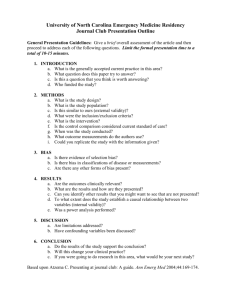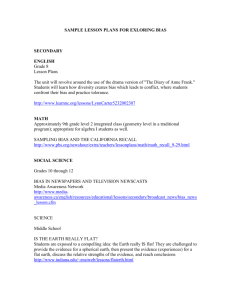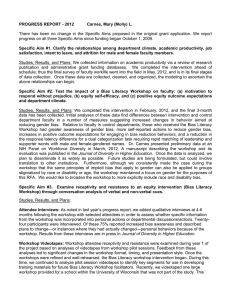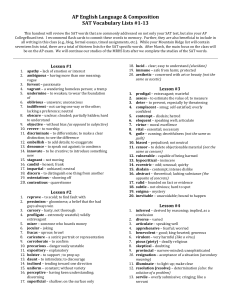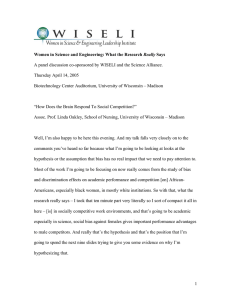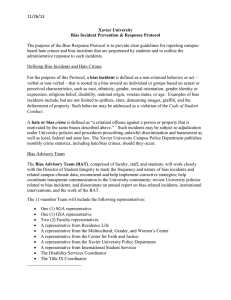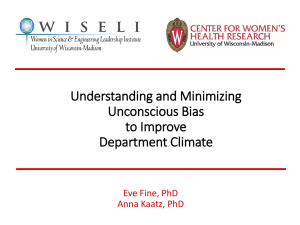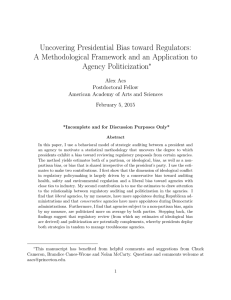Knowledge Quest Problem Markers As you read an information
advertisement
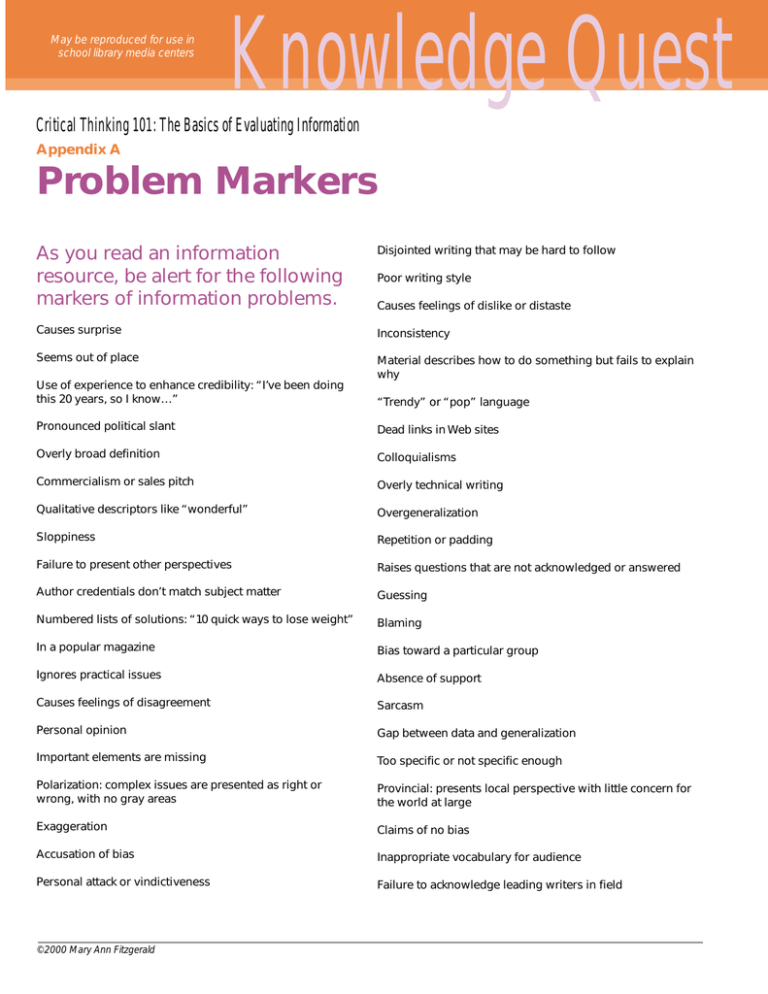
May be reproduced for use in school library media centers Knowledge Quest Critical Thinking 101: The Basics of Evaluating Information Appendix A Problem Markers As you read an information resource, be alert for the following markers of information problems. Disjointed writing that may be hard to follow Causes surprise Inconsistency Seems out of place Material describes how to do something but fails to explain why Poor writing style Causes feelings of dislike or distaste Use of experience to enhance credibility: “I’ve been doing this 20 years, so I know…” “Trendy” or “pop” language Pronounced political slant Dead links in Web sites Overly broad definition Colloquialisms Commercialism or sales pitch Overly technical writing Qualitative descriptors like “wonderful” Overgeneralization Sloppiness Repetition or padding Failure to present other perspectives Raises questions that are not acknowledged or answered Author credentials don’t match subject matter Guessing Numbered lists of solutions: “10 quick ways to lose weight” Blaming In a popular magazine Bias toward a particular group Ignores practical issues Absence of support Causes feelings of disagreement Sarcasm Personal opinion Gap between data and generalization Important elements are missing Too specific or not specific enough Polarization: complex issues are presented as right or wrong, with no gray areas Provincial: presents local perspective with little concern for the world at large Exaggeration Claims of no bias Accusation of bias Inappropriate vocabulary for audience Personal attack or vindictiveness Failure to acknowledge leading writers in field ©2000 Mary Ann Fitzgerald
